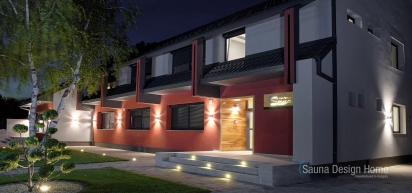
Be our guest for an informal factory tour
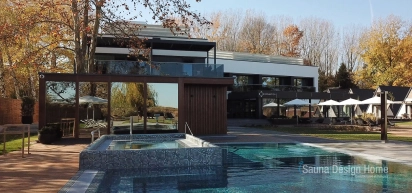
Sauna house
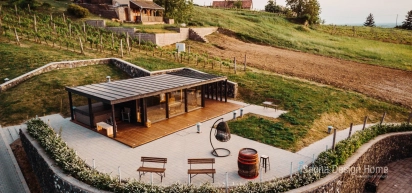
4-season

Premium Sauna House
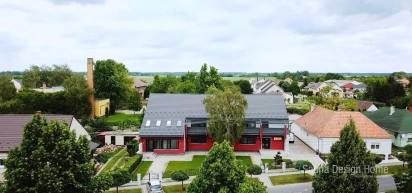
Visit our manufactory
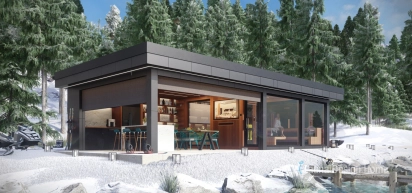
Unique,

Biosauna
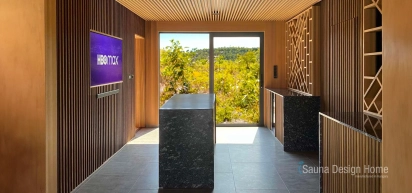
Exclusive solid wood
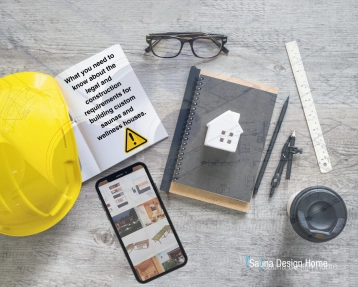
Building indoor saunas and wellness houses is becoming increasingly popular but also presents numerous legal and construction challenges. In this article, we will discuss in detail the most important legal regulations and construction requirements that every owner and builder must know to ensure the project proceeds smoothly.
Legal requirements and permitting process
Building permits
Initially, building an indoor sauna or wellness house may require a building permit. This depends on the size and nature of the construction project. It is advisable to consult with the local municipal authority or building department in advance about the necessary documentation and submission process.
Fire Safety regulations
Due to the high temperatures in saunas, fire safety regulations are particularly important. When designing the sauna, it is necessary to ensure that appropriate fire-resistant materials are used and the necessary fire safety devices are installed.
Water protection and vapor barriers
The high humidity in saunas can damage the building's structure, hence proper waterproofing and vapor barriers are crucial.
Construction requirements
Ventilation and insulation
Proper ventilation is essential for fresh air and adequate air flow. Additionally, efficient thermal insulation is key for energy efficiency and long-term sustainability.
Material selection
Materials that can withstand high temperatures and humidity, such as special types of wood and ESG safety glass, are essential for the safety and durability of the sauna.
Health and safety regulations
Monitoring the safety of electrical equipment and compliance with hygiene regulations, especially in publicly used wellness areas, is important.
Summary
Designing and constructing indoor saunas and wellness houses requires adherence to numerous specific legal and construction regulations. It is recommended to involve experts such as architects, engineers, and lawyers in the planning phase to ensure the project complies with all regulations. Thorough preparation and compliance with rules pay off in the long run, as they prevent later penalties and unnecessary costs.
This article is for informational purposes only, and it is recommended to thoroughly review local laws and regulations for each project.
Be our guest for an - informal -tour of our Manufacturing Facility!
Please provide your phone number and our experts will contact you.
